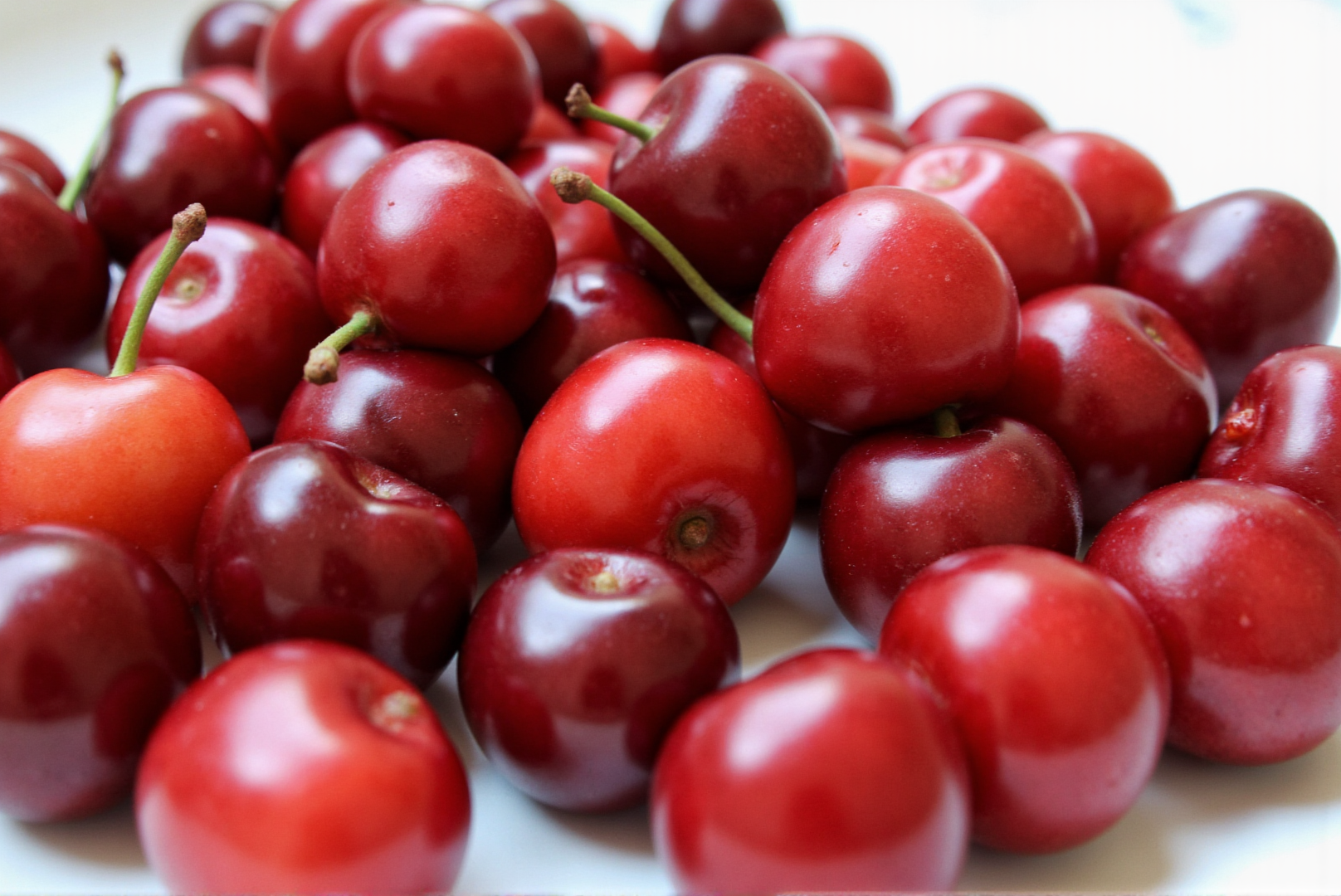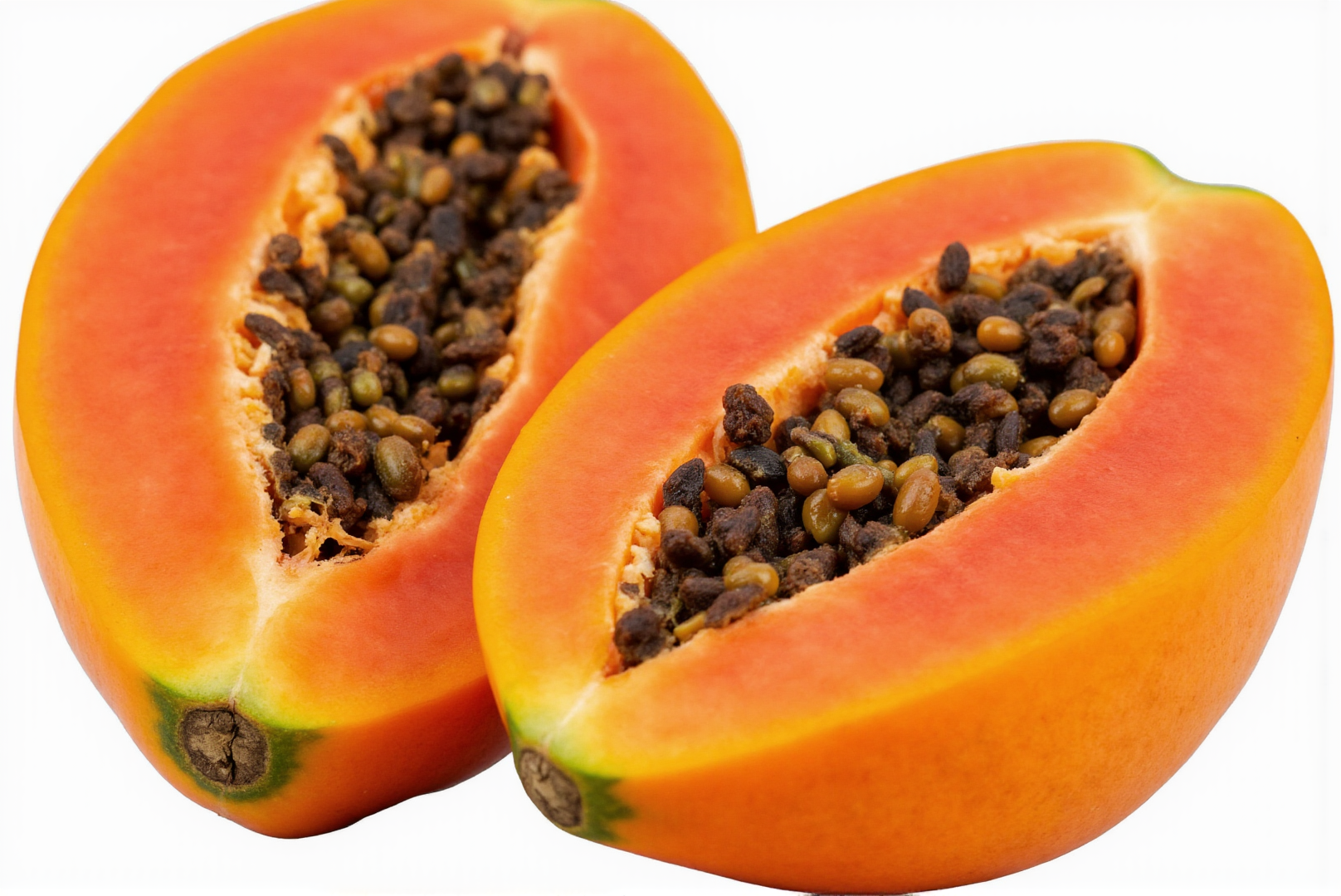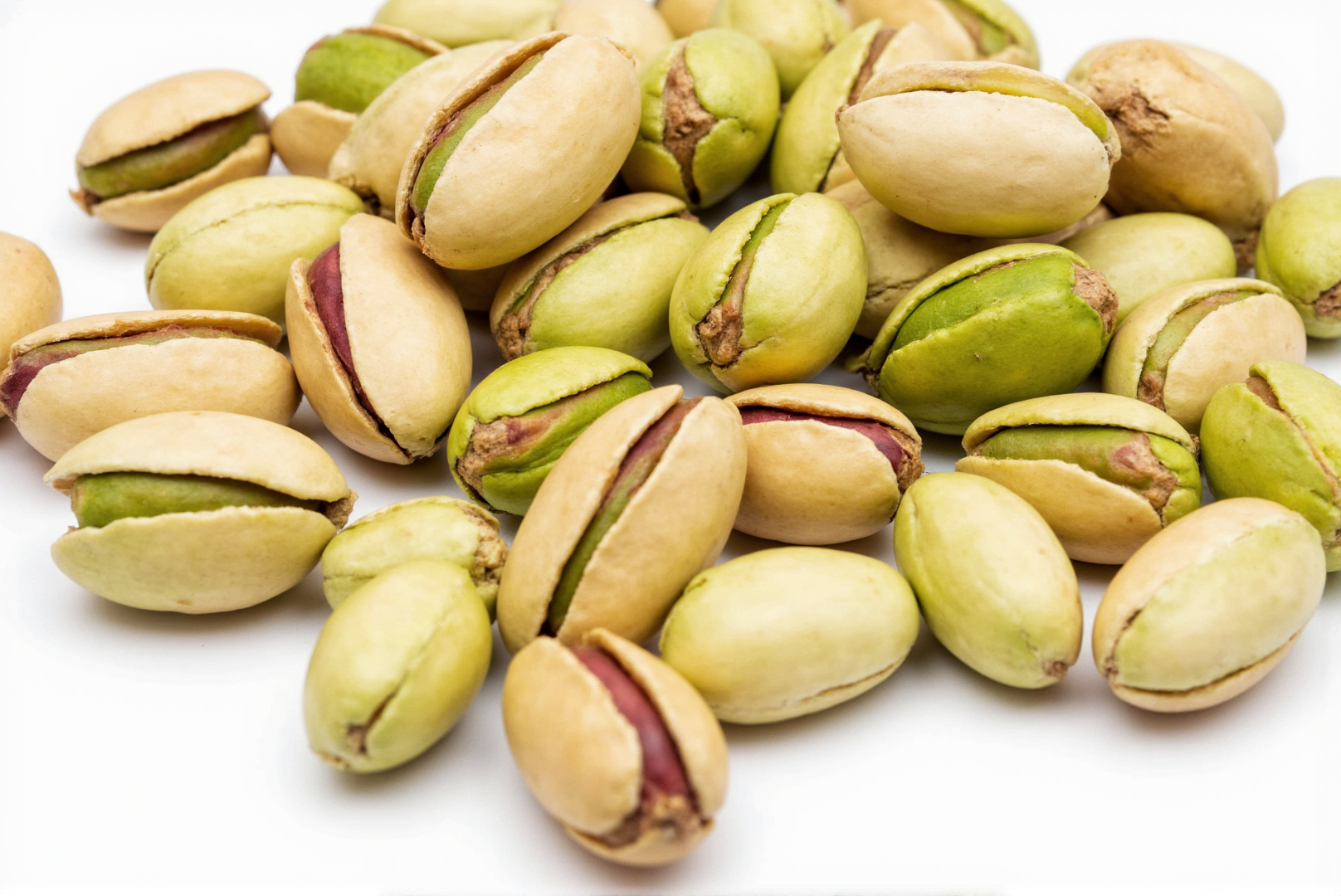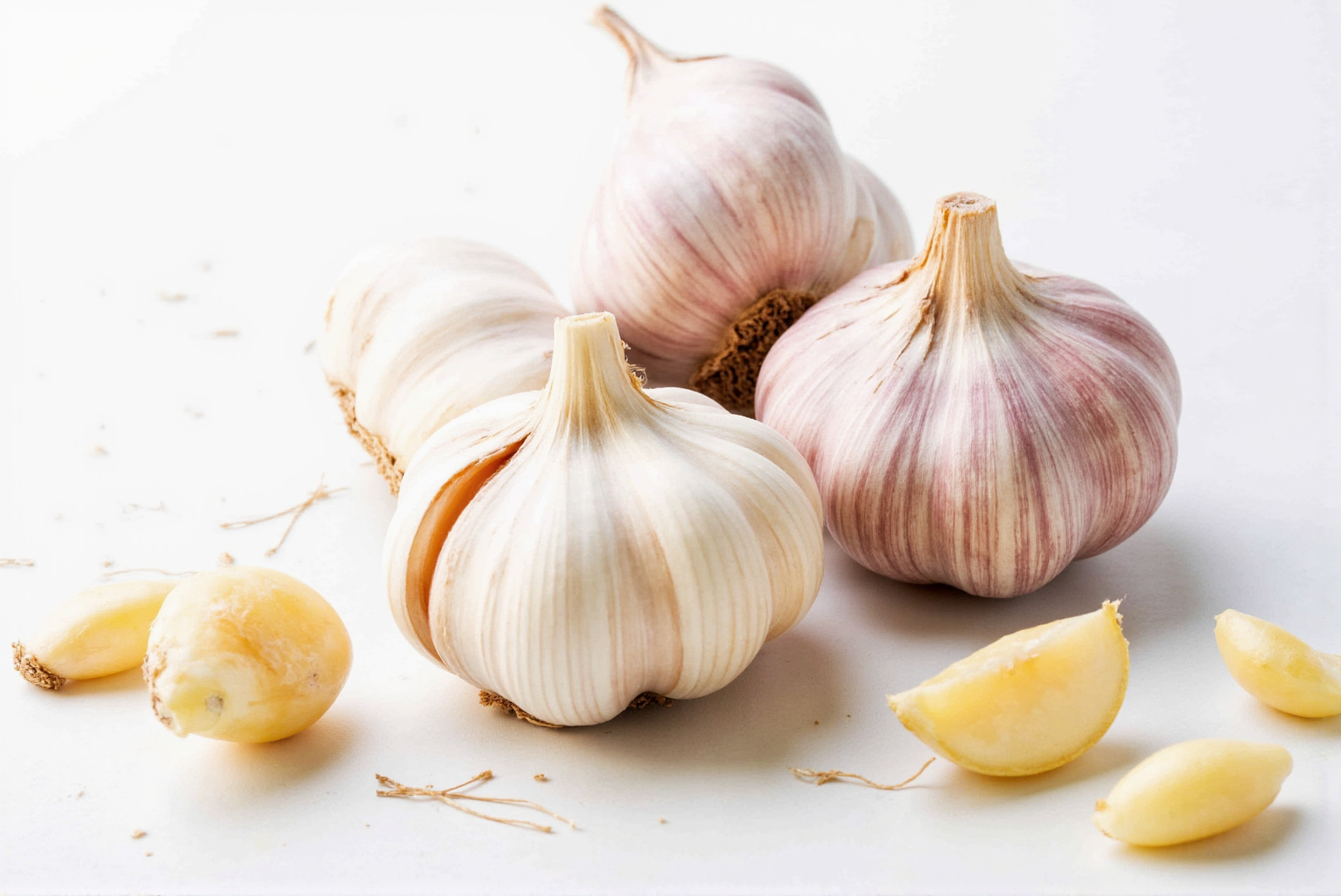Cherries are a delicious summer fruit that many dog owners wonder about sharing with their furry friends. While the flesh of cherries contains beneficial nutrients, there are significant safety concerns that every dog owner should understand before offering this stone fruit to their pet.
Can Dogs Eat Cherries?
The answer to whether dogs can eat cherries is complicated. While the flesh of cherries is not toxic to dogs, the pits, stems, and leaves contain cyanide, which is extremely dangerous for dogs. If you choose to give your dog cherries, they must be properly prepared with all pits and stems completely removed. Even then, cherries should only be given in very small quantities as an occasional treat.
The Nutritional Profile of Cherries
Cherries are packed with nutrients that could theoretically benefit dogs. They contain vitamins A and C, which support immune function and eye health. The fruit also provides fiber for digestive health and antioxidants that may help reduce inflammation. Additionally, cherries contain melatonin, which could potentially help with sleep regulation in dogs, though research on this benefit in canines is limited.
The Serious Risks of Cherry Consumption
The primary danger of cherries lies in their pits, which contain amygdalin, a compound that converts to cyanide when digested. Even a single cherry pit can cause cyanide poisoning in small dogs. The pits also present a choking hazard and can cause intestinal blockages if swallowed. Signs of cyanide poisoning include:
- Dilated pupils
- Difficulty breathing
- Red gums
- Shock
- Rapid heart rate
Safe Ways to Offer Cherries to Dogs
If you decide to give your dog cherries, follow these strict guidelines: Remove all pits, stems, and leaves completely. Wash the cherries thoroughly to remove any pesticides. Cut the cherry flesh into small pieces appropriate for your dog's size. Start with just one or two pieces to test for any adverse reactions. Never give more than a few pieces at a time, even for large dogs.
Cherry Products to Avoid
Many cherry-flavored products are unsafe for dogs. Maraschino cherries are loaded with sugar and artificial ingredients that can upset your dog's stomach. Cherry pie filling contains excessive sugar and often includes xylitol, which is toxic to dogs. Cherry-flavored candies, jams, and syrups should never be given to dogs due to their high sugar content and potential toxic additives.
Symptoms of Cherry Pit Ingestion
If your dog accidentally eats cherry pits, watch for these symptoms: vomiting, diarrhea, lethargy, loss of appetite, abdominal pain, or difficulty defecating. Cyanide poisoning symptoms typically appear within 15-20 minutes of ingestion. If you notice any of these signs, contact your veterinarian immediately.
Better Fruit Alternatives
Given the risks associated with cherries, consider these safer fruit options for your dog: blueberries (rich in antioxidants without pits), sliced apples (remove seeds first), banana pieces (easy to digest), or watermelon chunks (seedless). These fruits provide similar nutritional benefits without the dangerous pits or high preparation requirements.
Emergency Response for Cherry Pit Ingestion
If your dog swallows cherry pits, take immediate action. Do not induce vomiting unless instructed by a veterinarian, as this could cause the pit to become lodged in the throat. Contact your vet or pet poison helpline immediately. Provide information about your dog's size, the number of pits consumed, and the time of ingestion. Follow professional guidance carefully.
Special Considerations for Different Dogs
Small dogs face higher risks from cherry pits due to their size, making choking and blockages more likely. Puppies should avoid cherries entirely as their developing digestive systems are more sensitive. Dogs with diabetes should not eat cherries due to their natural sugar content. Always consult your veterinarian before introducing new foods to dogs with health conditions.
Final Recommendations
While dogs can technically eat cherry flesh in small amounts, the risks often outweigh the benefits. The effort required to safely prepare cherries and the potential dangers make other fruits better choices for canine treats. If you do offer cherries, extreme caution is essential. Never leave cherry bowls within your dog's reach, and always supervise when cherries are being consumed in your home. Remember, no fruit treat is worth risking your dog's health, so when in doubt, choose safer alternatives.




